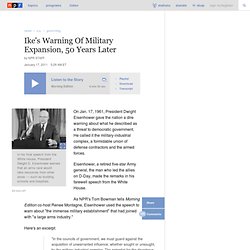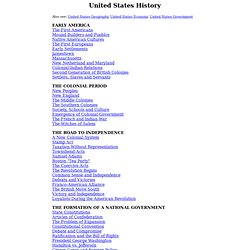

Search - Brought to you by iYogi. Untitled. After America - by Zbigniew Brzezinski. Not so long ago, a high-ranking Chinese official, who obviously had concluded that America's decline and China's rise were both inevitable, noted in a burst of candor to a senior U.S. official: "But, please, let America not decline too quickly.

" Although the inevitability of the Chinese leader's expectation is still far from certain, he was right to be cautious when looking forward to America's demise. For if America falters, the world is unlikely to be dominated by a single preeminent successor -- not even China. International uncertainty, increased tension among global competitors, and even outright chaos would be far more likely outcomes.
The leaders of the world's second-rank powers, among them India, Japan, Russia, and some European countries, are already assessing the potential impact of U.S. decline on their respective national interests. The Japanese, fearful of an assertive China dominating the Asian mainland, may be thinking of closer links with Europe. Teaching American History. The SIPRI Top 100 arms-producing and military services companies, 2010. Eisenhower's Military-Industry Complex Warning, 50 Years Later. Hide captionIn his final speech from the White House, President Dwight D.

Eisenhower warned that an arms race would take resources from other areas — such as building schools and hospitals. Bill Allen/AP In his final speech from the White House, President Dwight D. Eisenhower warned that an arms race would take resources from other areas — such as building schools and hospitals. On Jan. 17, 1961, President Dwight Eisenhower gave the nation a dire warning about what he described as a threat to democratic government. Eisenhower, a retired five-star Army general, the man who led the allies on D-Day, made the remarks in his farewell speech from the White House. As NPR's Tom Bowman tells Morning Edition co-host Renee Montagne, Eisenhower used the speech to warn about "the immense military establishment" that had joined with "a large arms industry. " Here's an excerpt: Since then, the phrase has become a rallying cry for opponents of military expansion.
Organization of American States established — History.com This Day in History — 4/30/1948. The United States and 20 Latin American nations sign the charter establishing the Organization of American States (OAS).

The new institution was designed to facilitate better political relations between the member states and, at least for the United States, to serve as a bulwark against communist penetration of the Western Hemisphere. The OAS was established just a year after the Rio Pact was signed. The Rio Pact set up a defensive military alliance between the United States and the nations of Latin America.
The Latin American republics, however, wanted something more substantial than a mere military alliance. In response to Latin American demands for a summit to discuss economic and political relations with the United States, American delegates traveled to an Inter-American Conference in Bogota, Colombia in April 1948. The OAS never truly functioned as either the United States or the Latin American members had hoped.
Fact Check We strive for accuracy and fairness. United States History. Also see: United States Geography, United States Economy, United States Government EARLY AMERICA The First Americans Mound Builders and Pueblos Native American Cultures The First Europeans Early Settlements Jamestown Massachusetts New Netherland and Maryland Colonial-Indian Relations Second Generation of British Colonies Settlers, Slaves and Servants THE COLONIAL PERIOD New Peoples New England The Middle Colonies The Southern Colonies Society, Schools and Culture Emergence of Colonial Government The French and Indian War The Witches of Salem THE ROAD TO INDEPENDENCE A New Colonial System Stamp Act Taxation Without Representation Townshend Acts Samuel Adams Boston "Tea Party" The Coercive Acts The Revolution Begins Common Sense and Independence Defeats and Victories Franco-American Alliance The British Move South Victory and Independence Loyalists During the American Revolution Custom Search Country Studies Index Source: U.S.
